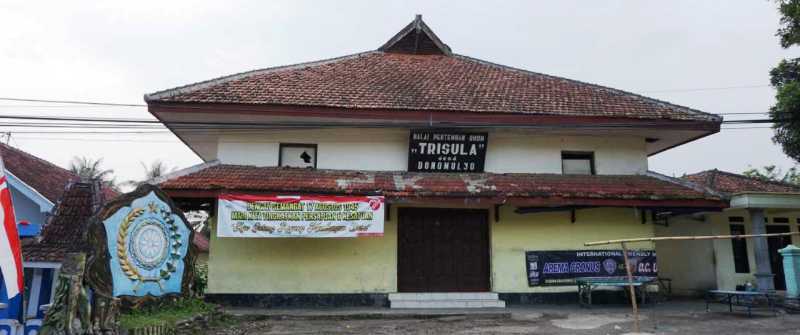KITLV/Royal Netherlands Institute of Southeast Asian and Caribbean Studies

- This event has passed.
Online PhD defense | Embedded remembering: Memory culture of the 1965 violence in rural East Java | Grace Leksana
26/05/2020 @ 11:15 - 12:15

On 26 May, 11.15 h, PhD researcher Grace Leksana will defend her thesis at Leiden University. The event will be video-streamed to allow family, friends and colleagues to witness Grace’s defense through this link:
https://www.universiteitleiden.nl/wetenschappers/livestream-promotie
This dissertation examines the dynamics of memory of violence in present-day society, by zooming in to memory of the anti-communist violence in Indonesia in 1965. The problem starts with the contrasting narrative about this particular event. On the one hand, the national narrative by the state commemorates the death of six generals and one low rank army officer during the September 30th Movement or Gerakan 30 September 1965/ G30S. The military accused the Indonesian Communist Party or Partai Komunis Indonesia/ PKI as the mastermind behind the movement. The movement was followed by a regime shift from Sukarno to Suharto. This new regime initiated a nation-wide purge against communists, leftists, and their affiliates in 1965-66 and in 1968 in some parts of East Java. On the other hand, the purge that had turned into a violent bloodbath continued to be excluded from Indonesia’s national historiography until today. Popular memories of this violence are marginalized, silenced, and excluded, and are considered as the counter-narrative of 1965.
This dissertation goes beyond this binary approach of state versus counter narrative. Through a case study in rural area of Donomulyo district in East Java, this research discovered that memories of violence are multi-layered. They are not exclusively determined by the repressive memory project of the state, but are actually embedded in social relations and local context where the violence occurred. Moreover, this case study shows that memories of violence did not diminish over time, not even under state repression. Narratives of violence travel within communities through stories of places, or sites of memory, and also through family narratives.
Credits image: Grace Leksana.
Details
- Date:
- 26/05/2020
- Time:
-
11:15 - 12:15
Venue
- Online, video-stream



